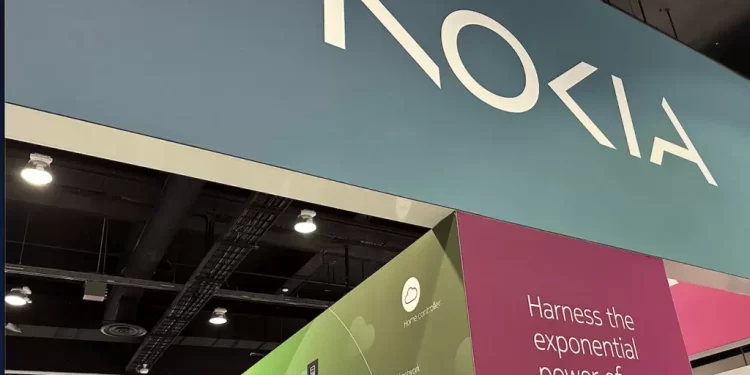Nokia has implemented its AVA Energy Efficiency software for Safaricom, marking a significant advancement in curtailing power consumption across Safaricom’s 5G, 4G, and 3G networks.
Approximately 30,000 cells are set to benefit from this deployment, with Safaricom anticipating substantial energy cost savings ranging from 8.0 to 10.0 percent. The software utilizes artificial intelligence and machine learning algorithms to intelligently manage network equipment during periods of low usage, ensuring an optimal customer experience.
This initiative aligns with Nokia’s commitment to environmental sustainability, coinciding with the United Nations climate conference. Samar Mittal, Nokia’s VP for Cloud and Network Services, underscored the importance of digital technology in promoting sustainability and reducing operational costs for telecom operators. “We are pleased to assist Safaricom in lowering its network power usage and optimizing asset utilization through Nokia’s advanced software capabilities,” Mittal stated. “These capabilities drive significant power use and cost reductions without compromising the customer experience.”
For Safaricom, network power consumption has been a persistent concern affecting both operational expenses and environmental impact. Anthony Gacanja, Safaricom’s Network Director, expressed optimism about Nokia’s solution, emphasizing its crucial role in addressing challenges associated with energy consumption while maintaining network quality. “This rollout with Nokia represents a pivotal step in helping Safaricom Kenya mitigate this challenge while ensuring consistent network quality and reliability for our customers,” Gacanja emphasized.
Nokia’s AVA for Energy Efficiency signifies a paradigm shift in the telecom industry, combining innovation with sustainability. With over 50 similar projects globally, Nokia’s dedication to supporting telecom operators in achieving energy efficiency and environmental sustainability is evident. The strategic partnership between Nokia and Safaricom serves as a testament to technology’s potential in addressing contemporary challenges and fostering a greener, more efficient future.
The impact of this deployment extends beyond financial gains. Nokia’s technology aligns with Safaricom’s goal to provide superior network performance while reducing its carbon footprint. The automated management of equipment during off-peak hours highlights the convergence of cutting-edge technology and sustainability goals, promising tangible benefits for Safaricom’s operational costs and emphasizing a collective effort towards environmental conservation in the telecommunications industry.
















